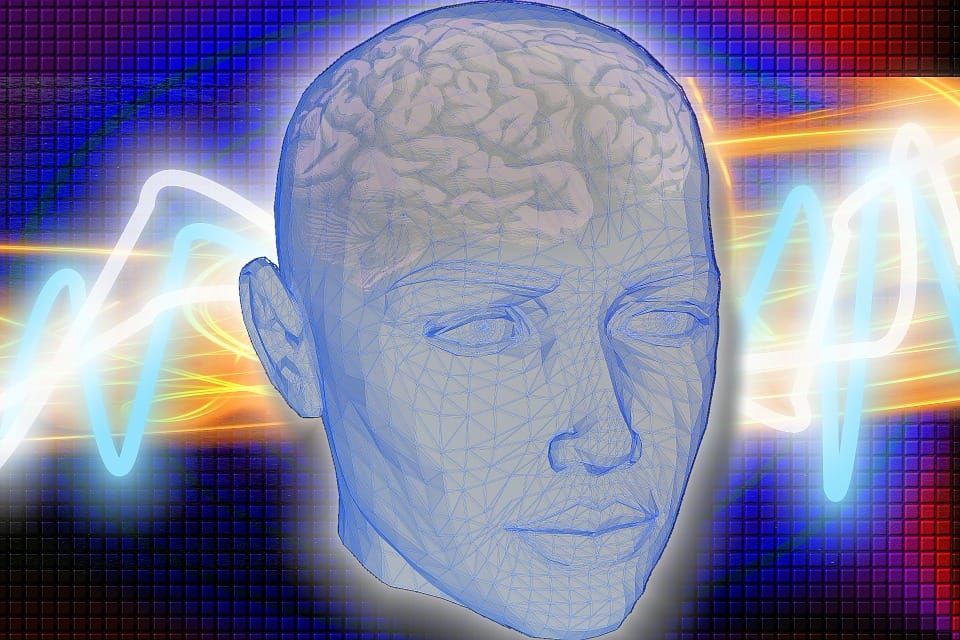
People who suffer traumatic brain injuries do not always have physical scars, and the damage to their brains does not always show up on MRI or CAT scans. This reality gives insurance companies and defense attorneys in civil trials opportunities to accuse TBI victims of, essentially, faking their intellectual, cognitive, behavioral and emotional symptoms.
It then falls on the Virginia personal injury attorney who is representing the TBI victim to provide proof that a preventable brain injury occurred and that the debilitating effects of the injury persist.
LEARN MORE
- A Virginia Accident Attorney Discusses Brain Injury Cases
- Brain ‘Potholes’ Might Be Key to Identifying a TBI
The attorney’s job starts with ensuring that the insurance company representative or civil trial jury understands what a traumatic brain injury is. The National Institute of Neurological Disorders and Stroke uses this comprehensive definition
TBI can result when the head suddenly and violently hits an object, or when an object pierces the skull and enters brain tissue. Symptoms of a TBI can be mild, moderate, or severe, depending on the extent of the damage to the brain. A person with a mild TBI may remain conscious or may experience a loss of consciousness for a few seconds or minutes. Other symptoms of mild TBI include headache, confusion, lightheadedness, dizziness, blurred vision or tired eyes, ringing in the ears, bad taste in the mouth, fatigue or lethargy, a change in sleep patterns, behavioral or mood changes, and trouble with memory, concentration, attention, or thinking. A person with a moderate or severe TBI may show these same symptoms, but may also have a headache that gets worse or does not go away, repeated vomiting or nausea, convulsions or seizures, an inability to awaken from sleep, dilation of one or both pupils of the eyes, slurred speech, weakness or numbness in the extremities, loss of coordination, and increased confusion, restlessness, or agitation.
The next step is to explain how difficult living with a TBI can be. On its website devoted to informing people about traumatic brain injuries, the Centers for Disease Control and Prevention explains that a person who suffered a TBI can have lifelong problems with
- Thinking (i.e., memory and reasoning);
- Sensation (i.e., sight and balance);
- Language (i.e., communication, expression, and understanding); and
- Emotion (i.e., depression, anxiety, personality changes, aggression, acting out, and social inappropriateness).
The CDC also notes that TBI victims often experience frequent, severe headaches, sleep disturbances, blurred vision, chronic fatigue and sensitivity to light.
A Virginia personal injury attorney will present testimony from his client and the client’s family members and friends to establish that TBI symptoms are negatively impacting the life of his client and the lives of his client’s loved ones. The attorney will also secure medical reports and request reports from psychologists, behavioral specialists and occupational therapists who do much more than look at scans to diagnosis the presence of a TBI.
Gathering all this evidence makes a strong case for demanding compensation and monetary damages from the person or company whose negligence led to the client suffering a traumatic brain injury.
EJL





